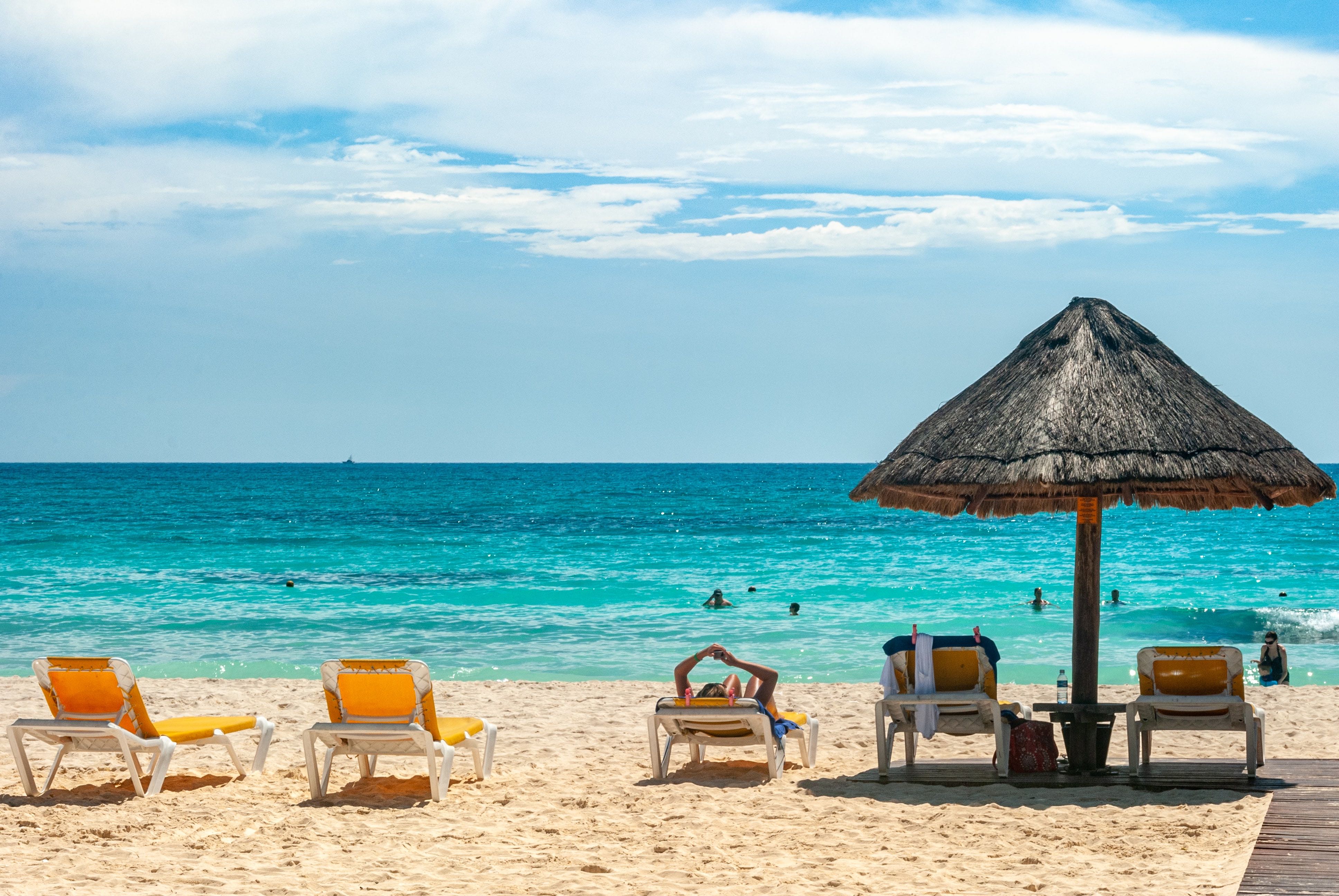
Nobel Prize Day
Nobel Prize Day is celebrated annually on December 10.
On November 27, 1895, Alfred Nobel signed his third and last will at the Swedish-Norwegian Club in Paris. When it was opened and read after his death, the will caused a lot of controversy both in Sweden and internationally, as Nobel had left much of his wealth for the establishment of a prize. His family opposed the establishment of the Nobel Prize, and the prize awarders he named refused to do what he had requested in his will. It was five years before the first Nobel Prize could be awarded in 1901.
Where does the money for the Nobel Prizes come from?
At the age of 17, Swedish Alfred Nobel spoke five languages fluently. Nobel became an inventor and businessman, and at the time of his death on 10 December 1896, he had 355 patents worldwide â?? one of them was the patent on dynamite. Furthermore, he had started 87 companies all over the world. According to his will, Alfred Nobelâ??s enormous fortune was to be used to establish prizes to award those who had done their best to benefit mankind in the fields of physics, chemistry, medicine, literature and peace. The first Nobel Prizes were awarded in 1901, five years after Nobelâ??s death. In 1969, another prize was added â??The Sveriges Riksbank Prize in Economic Sciences in Memory of Alfred Nobelâ?.
The Nobel Prize Award Ceremonies
The Nobel Laureates are announced at the beginning of October each year. A couple of months later, on 10 December, the anniversary of Alfred Nobelâ??s death, they receive their prizes from the Swedish King â?? a Nobel diploma, a medal, and 10 million Swedish crowns per prize. All Nobel Prizes are awarded in Stockholm, Sweden, except for the Nobel Peace Prize, which is awarded in Oslo, Norway. (When Alfred Nobel was alive, Norway and Sweden were united under one monarch, until 1905 when Norway became an independent kingdom with its own king.)
